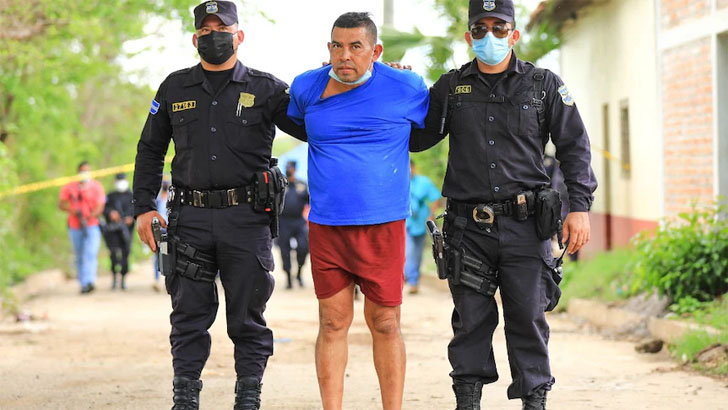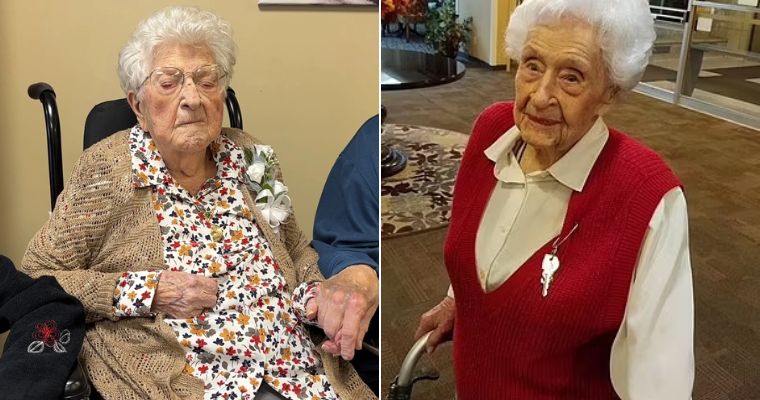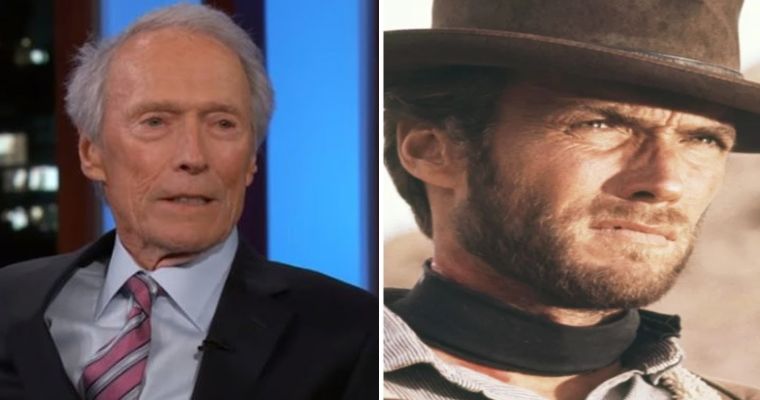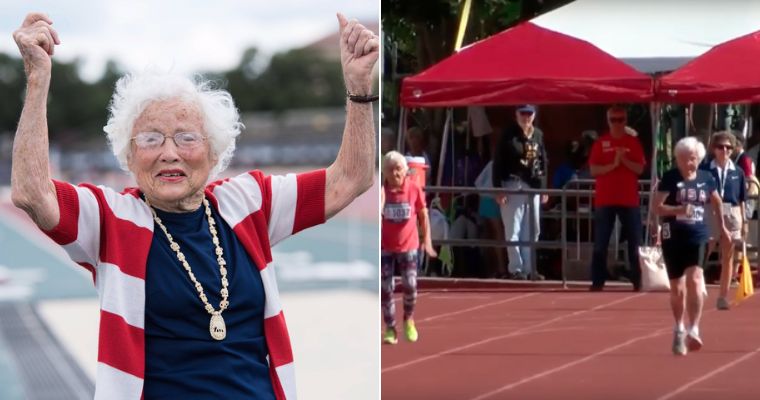More On: charter schools The evidence of charter-school success is undeniable — why hold them back? NYC parents speak out on how charter schools changed their kids’ lives Former NY govs Paterson, Pataki demand more charters to help minorities The UFT’s racist effort to crush charter schools
New York City’s charter schools have lifted the fortunes of thousands of schoolkids, leading Gov. Hochul to push for more new charters and the revival of some “zombie’’ licenses of those closed. This week, The Post reveals the success city charter schools have had by examining data and talking with those most closely involved in the system. To oppose more charters is simply racist, say some supporters, including former Gov. Pataki.
New York City’s black charter school students significantly outperform their public school counterparts — leading to claims that the battle to hold back charters is racist.
Proponents argue the stunning data indicate charters provide families of color more educational choices, as many progressive lawmakers and politically powerful teachers unions gripe the schools siphon off resources from the public education system.
“The charter schools took the kids that people said couldn’t learn. These kids are getting scholarships and going to college,” said Democratic former Gov. David Paterson, who helped increase the number of charters in New York in 2010.
Republican former Gov. Pataki, asked by The Post if it is racist to not increase the number of charters, responded, “Absolutely!

New data shows that black New York City charter-school students are outperforming their public school counterparts by a significant margin.Stephen Yang
“It’s immoral,’’ said the ex-governor, who approved the 1998 state law allowing charter schools in New York.
“It is hypocritical of leftist Democrats to talk about income inequality and then prevent minority parents the opportunity to enroll their kids in a charter school.’’
Ruben Diaz Sr., a Democratic former councilman and state senator who now heads the Bronx-based Hispanic Clergy Association, agreed that “it’s racist to stop charter schools.
“Stopping charter schools is against the benefit of black and Hispanic children,’’ he said.
Earlier this month, Democratic Gov. Kathy Hochul heated the debate by proposing to expand charter numbers, calling for allowing up to 85 more new privately run, publicly funded schools in the five boroughs.
The Big Apple currently has 275 charters, vastly more than any other area of the state.
The proposal angered some state lawmakers in Hochul’s party who rely on political donations from the anti-charter school teachers’ unions.
But Stephon Nembhard, 17, a senior at Comp Sci High charter school in the Soundview section of the Bronx, wasn’t having any of it.
“The charter school that I go to … they actually give students work-based learning that give them jobs, internships,” he said last week, as he dropped off his little brother Hugo, 9, to his fourth-grade class at South Bronx Classical Charter School in the borough’s Longwood section.
 Stephon Nembhard, a 17-year-old student at South Bronx Classical Charter School, claimed charters “put more resources into the students.”Matthew McDermott
Stephon Nembhard, a 17-year-old student at South Bronx Classical Charter School, claimed charters “put more resources into the students.”Matthew McDermott
“I feel like if I didn’t go to this school that I’m currently going to, I probably wouldn’t have gotten into the colleges I’ve gotten into, I wouldn’t have gotten the internships that I’ve gotten, I wouldn’t have met the people and made the connections that I’ve made,” he said.
“They put more resources into the students.”
AN OVERVIEW
New York’s charter schools are funded by taxpayers but governed by not-for-profit boards of trustees, which have the autonomy to establish their policies and design curriculum free from oversight by the local Department of Education.
Charters are held accountable through a five-year “performance contract” with the state focusing on student achievement. Low-performing schools are closed by state officials if they don’t meet performance thresholds after that period.

Students in class at Success Academy Bronx 2. Stephen Yang
About 15% of New York City public-school-age children attend charter schools that cover pre-K through 12th grade. The overwhelming majority of those 141,000 charter students, 80%, are economically disadvantaged, according to the New York City Charter School Center.
About 41% of city charter students, or nearly 58,000, are black, with another 49% Hispanic.
By comparison, in city public schools, nearly 72% of students were considered disadvantaged in 2021-22. Nearly 24.5% were black, 41% Hispanic, 16.6% Asian and 14.7% white.
While taxpayers are spending $35,941 per public-school pupil in Gotham for the 2022-23 school year, according to the Citizens Budget Committee, the public cost for charter-school students is less than half that — $17,626, said the New York City Charter School Center.
Yomika Bennett, executive director of the New York Charter School Association, suggested that charters seem to be able to do more with much less because “when it’s your [school] and you start this, you are all in.’’
The Bronx — which has 94 charters, the most of any borough in the city — is an excellent example of the outside-the-box system working, proponents said.
In the city’s poorest borough, students of color often struggle to receive a quality public education, so charters — with their emphasis on discipline, accountability and engagement — can be seen as a lifeline for the families that seek them out, backers said.
 A science class at Success Academy Harlem 2. Stephen Yang
A science class at Success Academy Harlem 2. Stephen Yang
“Charter schools are better for our community, the black community. … They are fighting hard to see our children succeed,” said Amina Mamah-Trawill, 43, certified nursing assistant whose 6-year-old son, Sudais Mohammed Bashiru is in first grade at Success Academy Bronx 2 in the Claremont Village section.
“The public school is not invested in the black community,’’ she claimed. “I feel like my community is neglected. It’s not OK. It’s not fair.”
PIONEERING PROFICIENCY AMONG BLACK STUDENTS
In the 2018-2019 school year, before COVID hit, 35% more black students at charters were proficient in math than their black public-school counterparts, and 23% more were proficient in English Language Arts, according to the city’s Charter School Center.
During that same period, black charter school students specifically in grades three to eight even outperformed all races of their public school counterparts in both areas.
State assessment results from those grades are specifically viewed by education officials as a barometer of how students and schools are performing.
The charter school success among black students overall abated slightly during the pandemic but remained huge compared to black public school students.
 Students engaged in their classwork at Success Academy Harlem 2.Stephen Yang
Students engaged in their classwork at Success Academy Harlem 2.Stephen Yang
“[Charter schools] are doing better in the black community because … it’s a community effort,” said Craig Williams, 49, a school custodian at Success Charter School 2, an elementary school in the Claremont section of the Bronx where his 9-year-old son Nazsier attends the third grade.
“I’ve seen the differences,’’ said Williams, noting that his mother is a retired public-school teacher and his brother was a paraprofessional in the public school system.
“The public school is not set up or programmed the same. [Charters] give the children structure. [The kids] dress in a certain attire just like little adults. When they walk through the hallway, they look like little businessmen. Today’s public school, the kids are wearing the most expensive pants, the most expensive shoes, they want the newest fashion.
“As soon as these children come in the building, you have somebody at the corner, you have somebody at the front door, ‘Good morning? How are you doing?’ ” Williams added, referring to what he described as a more disciplined, civil atmosphere in charter schools.

Parents Craig Williams, left, and Amina Mamah Trawill, right, have children who attend charter schools.Stephen Yang
Bennett agreed that there is a certain “magic” in the charter-school model that is benefiting children of color who might otherwise fall through the cracks in a public school.
“Now with the governor’s proposal to reissue charters, there’s an opportunity for a new school to be open, for a new charter to be issued and for new charter schools to grow and help all students, particularly black students,” the advocate said.
‘ZOMBIE’ CHARTERS AND POLITICAL TURMOIL
In addition to Hochul seeking up to 85 more charters statewide, she also has called for reauthorizing 20 “zombie” charter school licenses to new operators. These licenses were used by schools that closed.
She has called for a 10% increase in public-school funding to allay objections from critics over the money drain, too.
“I believe every student deserves a quality education, and we are proposing to give New York families more options and opportunities to succeed,” she said in a statement.
But the opposition has been fierce from progressive legislators and the powerful teachers’ union, which pours millions of dollars in political donations to Democratic candidates’ war chests.
“This will further increase the financial burden on NYC traditional public schools, taking much-needed resources away from schools serving the vast majority of our children,’’ said a scathing statement by Democratic state Senate Education Committee Chairwoman Shelley Mayer (D-Scarsdale) and state Sens. John Liu (Queens) and Robert Jackson (D-Manhattan). “NYC Department of Education (DOE) is required to provide space for charter schools in DOE buildings or pay the rent for charters operating in private buildings.”
“But the reality is that the students in the pool from which they draw have parents with a knowledge of the system and the motivation to enter their children in the charter lottery — a particularly high bar for immigrant parents and those whose first language is not English.’’
The criticism was dismissed by Bennett, who argued that charter schools are open to everyone and cannot prescreen out potential students.
Radiology tech Jessica Torres, 39, has a 4-year-old daughter with speech delay who attends the Harlem Link Charter School.
“They were on it right away,’’ she said of her child’s charter teachers. “They’re teaching her sign language, they work with her one on one. In public school, I’ve had experience — they don’t give that much attention.
“We [the black community] tend to have more issues and things going on at home, so … [charter school personnel], they take to it right away. They want to know what’s going on, what they can do to help. It’s family-oriented, and we need that,” the mom said.

Jessica Torres praised Harlem Link Charter School for giving her daughter attention for her speech delay.Tamara Beckwith/NY POST
Paterson, a black Harlem native, said, “There was a racist view that black students were inferior.
“The charter schools blew that racist view out the window,” he said.
“I feel bad for the charter schools that were approved and are languishing on waiting lists to open. We have to put aside the politics and do what works and not do what doesn’t work.”
Pataki added, “The next time leftist Democrats complain about income inequality, hold them accountable and ask them why they don’t support increasing charter schools.”

Success Academy Bronx 2 in Claremont teaches K-4 grade. Stephen Yang 
Chess classes are offered at Success Academy Bronx 2. Stephen Yang Advertisement 
A student in art class at Success Academy Harlem 2. Stephen Yang Advertisement
Basil Smikle, a black political strategist who has championed charter schools, said that unfortunately, the debate over whether to allow more of the alternative schools to open has turned into an “us vs. them” fight.
“Charter schools are not viewed as public schools by some. Charter schools are publicly funded. They’re public schools,” he said.
He said that historically, black parents sought alternative schooling when they believed traditional public schools were inadequate — such as magnet and single-sex schools.
He said the popularity of charter schools should be seen in that context.
“Communities of color didn’t feel traditional public schools were serving their interests,’’ Smikle said.
BUILDING ON SUCCESS
Charter proponents say their schools fill the gap between lackluster public schools and costly private ones, including Catholic institutions.
Diamond Brown, whose daughter Paige Sumpter, 6, attends Success Academy Harlem in East Harlem, said, “My little brothers went here, and they actually got into great colleges.
“I feel like it’s a better education system than public school because they have more connections,’’ she said of the charter.

Students participate in a dance class at Success Academy Harlem 2.Stephen Yang
“When my brothers [were] going to school, they [were] taking them on college tours and stuff, which actually encourages kids to go to college. When I was in public school, we didn’t do things like that, so I didn’t get to go to college.”
Jay Conley, who was picking up his daughter Azalea from her second-grade class, agreed.
“I feel like she is excelling here more than she would at a public school, because they tend to focus more personally on the kids that have more issues and problems, and they tend to work more closely with them,’’ he said.
“At public schools, I feel like the teachers are overworked, too many students, maybe.’’
Nicholas Parrino, an assistant principal at Bronx Academy of Promise Charter School in Mt. Eden in the Bronx, said he believes that black students are thriving in charter schools because of the institutions’ emphasis on college readiness.
“You are able to kind of mold them. A lot of our kids we have since kindergarten, and we have their siblings – brothers and sisters,” Parrino said.
“You don’t have a [big student and staff] turnover rate, so you get to build on the same thing.’’
Bennett noted, “The model works, right?
“When it doesn’t, the schools are held to accountability.’’
Source: nypost.com








